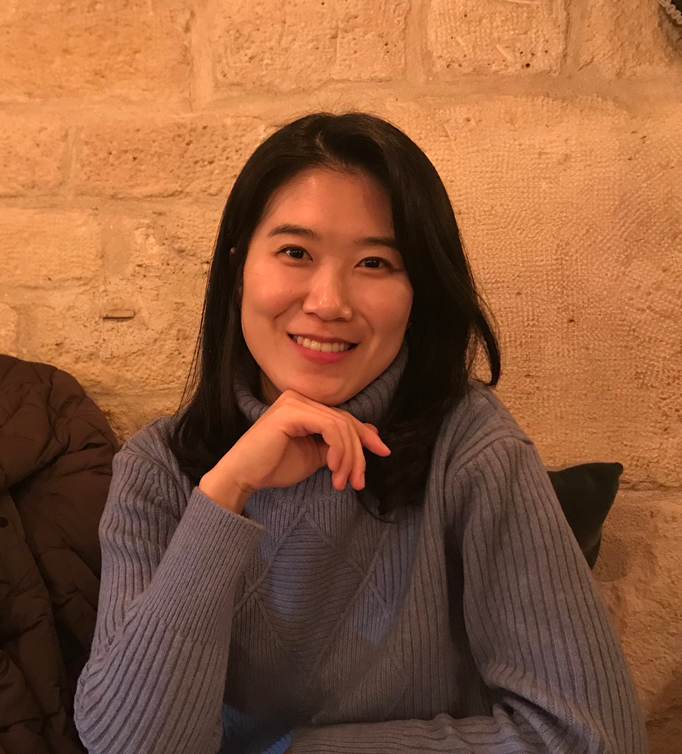This is a series highlighting undergraduate and graduate students who are participating in the Student Research Days poster sessions April 11-12.

Undergraduate: Jacob Essink
Major: senior majoring in landscape architecture
Project: Omaha lead pollution
Jacob Essink is looking to develop landscapes that are more equitable and inclusive.
Essink’s project, Omaha Lead Pollution: Proactive and Restorative Strategies for Environmental Justice in Landscape Architecture, is a jumping off point for Essink’s dream of helping to design parks and other urban-landscape features that take a variety of factors into account.
His research studied the effect of lead pollution in Omaha, comparing it to other sites in the United States, as an issue of “environmental injustice.”
“It’s not as simple as just clearing out a space and planting some trees,” said Essink, a senior majoring in landscape architecture. It’s important to take into account how landscapes address equity and health issues.
“You have to think about equitable designs and sustainable designs and being inclusive,” he said.
Irresponsible planning policies and actions have disproportionately affected marginalized communities, Essink said. Landscape architects can improve conditions “by understanding their role to consider the relationships between people and the environment and recognize potential risks.”

Graduate: Soyeon Kim
Major: doctoral student in educational psychology
Project: Asian-Americans’ work experience during the pandemic
Many examples abound of Asian Americans experiencing hate crimes and discrimination because of people’s perception the coronavirus originated in China, and Kim, a first-year doctoral student in educational psychology, has been studying Asian-Americans’ work experience during the pandemic.
Kim and her collaborators recruited study participants and explored their employment experience the last two years. Some reported being unemployed or furloughed during that period.
The study tested relationships of economic constraints, marginalization, work volition, career adaptability and decent work.
“The results indicated that Asian Americans who reported greater lifetime economic constraints were likely to have lower work volition and, in turn, less access to decent work,” she said. “Furthermore, Asian Americans who reported discrimination experiences during COVID-19 were more likely to have lower work volition and, in turn, less access to decent work.”
Kim, a South Korea native, hopes to do more research in her career. “My goal is to help people – especially those who are marginalized in the society, to increase their well-being through work and career development.”

Graduate: Md Shadman Ridwan Abid
Major: doctoral student in chemistry
Project: peptidomics approach to identify potential biomarkers for interstitial cystitis
Md Shadman Ridwan Abid is using a peptidomics approach to identify potential biomarkers for interstitial cystitis, also known as bladder pain syndrome, a disease diagnosed predominantly in women.
Currently, the methods available for identifying the condition are mostly invasive. Using mass spectrometry to analyze small peptides offers hope for diagnosing the disease via urinary analysis, said Abid, who’s seeking a doctorate in chemistry.
Symptoms of IC can resemble those of other urological conditions, so successful treatment depends on correct diagnosis.
“Antiproliferative factor peptide,” a short, glycosylated peptide, previously has been considered as a potential biomarker for the disease. Abid said the research he’s conducted with colleagues found there was a general increase in the abundance of identified urinary peptides in IC/BPS patients compared to a control group. That’s consistent with an increase in inflammation and protease activity characteristic of the disorder.
Although the APF peptide was found in moderately higher abundance in IC/BPS relative to the control group’s urine, the APF peptide was inconsistently detected in urine, suggesting that its utility as a sole biomarker of IC/BPS may be limited.
“Overall, our results revealed new insights into the profile of urinary peptides in IC/BPS that will aid in future biomarker discovery and validation efforts,” he said.






